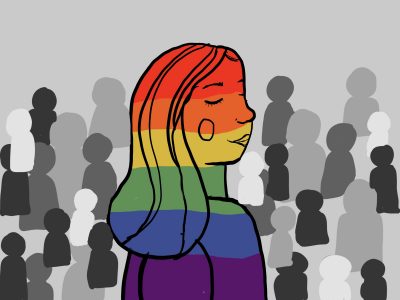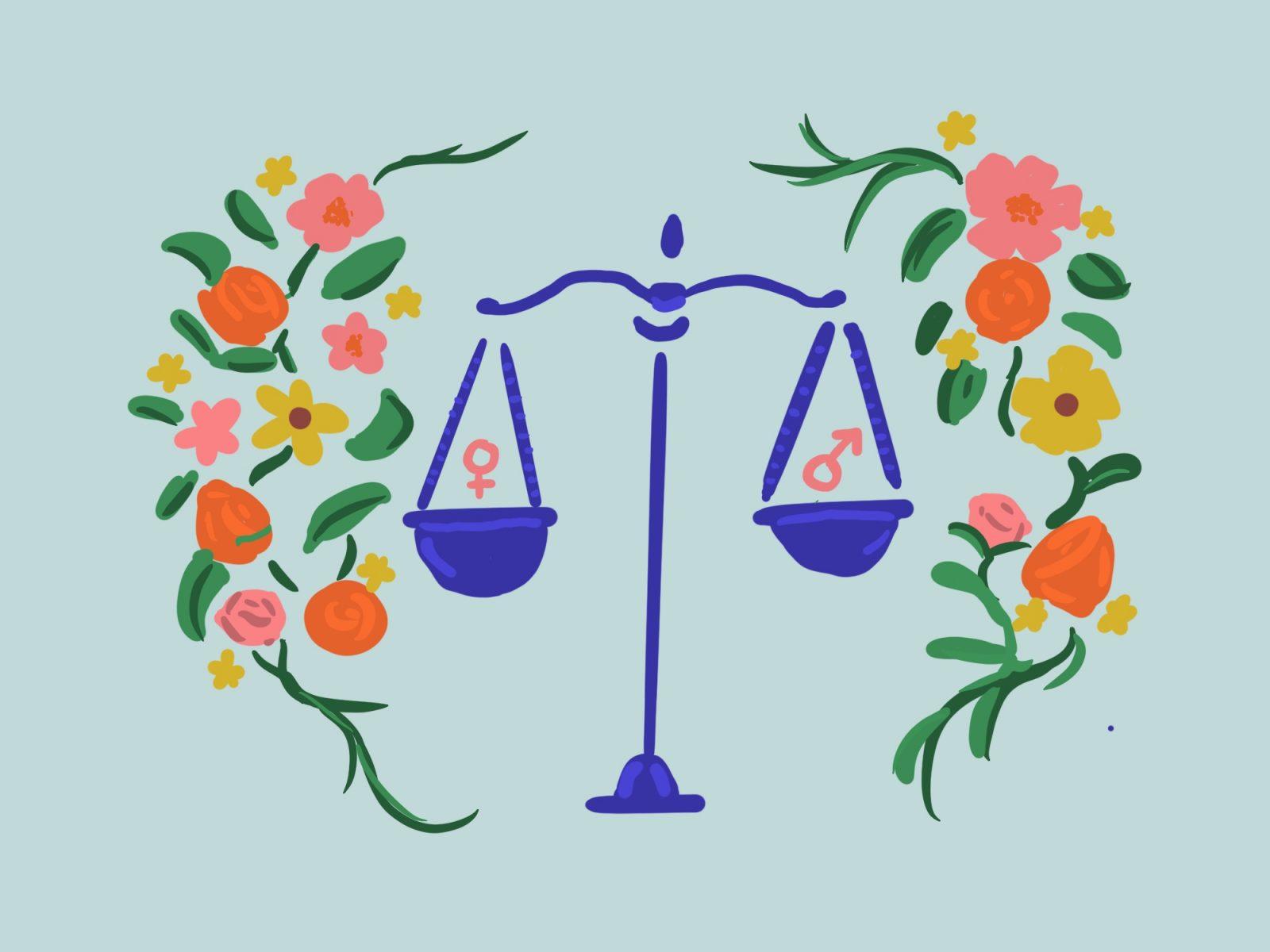Op-Eds do not reflect the editorial opinion of The Daily Free Press. They are solely the opinion of the author(s).
Sabrina Liu (CAS ‘23) is a fourth year Political Science student in the College of Arts & Sciences and the former President of BU’s Queer Activist Collective (Q).
College student organizations are generally tasked with creating a space for common interests and events dedicated to that interest. That’s fancy wording for “college clubs are supposed to be fun!”
There are exceptions, like Student Government, which advocates for the student body, and journalist organizations, which lend a voice to the Boston University community. And due to a lack of university resources dedicated to helping LGBTQ+ students, organizations like the Queer Activist Collective (Q) have taken on the unpaid and unjust responsibilities of ensuring that queer and trans students are safe and resourced.

Undeniably, BU LGBTQ+ students feel unsupported and unsafe on campus, but what happens when unsupervised college students shoulder this responsibility? I have been a part of and leading queer affinity organizations since I was 14 years old. Accordingly, coming to BU, I was excited to be a part of what has always been an unparalleled and consistently welcoming community.
Coming into BU as a junior, I was ready to dive head-first into this new organization, and I quickly found myself in the role of Q’s social media coordinator. In the spring of 2022, I found myself in the position of presidential intern and was voted president for the following academic year.
What followed resulted in stress-related health complications and ultimately, a resignation from the position I was once so enthusiastic to have.
As a queer person of color in a queer affinity group, I expected pushback and malice from those outside the group — but it surprised me that the bulk of those who created a hostile environment were actually my peers.
For many executive board members, it was incredibly difficult to embrace a new leader due to the high stakes of this level of leadership. I found myself fighting for the respect and attention of my peers in a tug-of-war with the previous leadership. Such people took actions such as writing a shared document of my mistakes, meeting and planning without my knowledge and backhanded remarks at meetings — even those who had already graduated.
After finding nothing but support and community in these spaces, I found myself at an extremely low point in my life explicitly because of this particular space.
This specific overwhelming responsibility created a vacuum for the establishment of a student-led moral hierarchy. This hierarchy involves achieving the goal of being the most moral and collecting the most currency.
This isn’t to say that there aren’t instances where folks should be called out for their actions and have been justly corrected. Still, the feeling of moral superiority is one that is gratifying and addicting in the absence of an organized structure.
This structure is headed by whoever takes the lead and is justified wholly in the name of activism. The burden of this responsibility weighs heavily on that individual and has created a sense of “only I can do this right.”
This can be likened to a child wielding a heavy sword: It’s dangerous, preventable and, to some extent, not entirely the child’s fault this came into their possession. In student organizations, this means student leaders in organizations with too much responsibility have the power to harm the student body by means of exclusion and “justified” harassment. But these people are students themselves and are just as susceptible to the mistakes and theatrics that young adults are.
Let’s be clear: The Queer Activist Collective does invaluable work for this campus’ LGBTQ+ community. But this particular dynamic prevents now-graduated students from passing the torch, deciding who and who is not worthy of contributing to queer activism and selectively resourcing the BU LGBTQ+ community.
Perceived slights, unsubstantiated or otherwise, have led to numerous folks being “excommunicated” from Q. Many denote an air of exclusivity around the organization that prevents them from comfortably participating in their events.
These folks, myself among them, then find themselves cut off from the BU LGBTQ+ community. When blocked from the Q Instagram (which I neither followed nor interacted with after my resignation), I was kept from potentially helpful resources.
Events like Lavender Ceremony, which celebrates queer and trans college graduates, are less visible to people that have been deemed unfit for their community. In my experience in Q, there has also been a refusal to work with many BU centers and organizations due to past conflicts and silent hopes for these centers/organizations to apologize.
More than anything, it is clear that Q upholds a moral hierarchy with itself on top. There will always be internal issues within student organizations and solving those will be a whole other issue. But we cannot let the safety and inclusion of our LGBTQ+ students be subject to this kind of power, just because student organizations are typically erratic and often hostile.
There needs to be institutional and transparent support for the LGBTQ+ community and that can only come from the University itself. There has been a fairly successful petition for an official BU office for LGBTQ+ students, and it is my hope this office will represent a new and more inclusive beginning for BU.





















































































































bu student • May 13, 2023 at 2:24 pm
thank you for saying this. i’ve been to meetings in the q and it sometimes feels so cliquey. the first meeting wasn’t great, we pretty much watched as the e board did a trivia game about themselves that no one could participate in. the trans learning circle has become ableist and the leadership engages in micro aggressions towards those who are disabled and poc. it’s horrible that these spaces made for us eventually become exclusionary and while it has been better there is still some hostility within it.
Kimesh Zadith • May 7, 2023 at 12:41 am
BU is opening an official LGBTQ+ center this year if you haven’t heard. Also, not sure how it’s a bad thing that you get kicked out of a club for not following the moral code of the club?